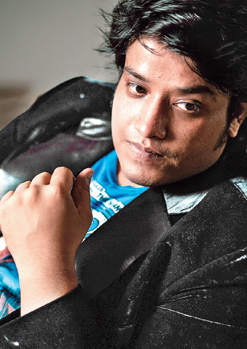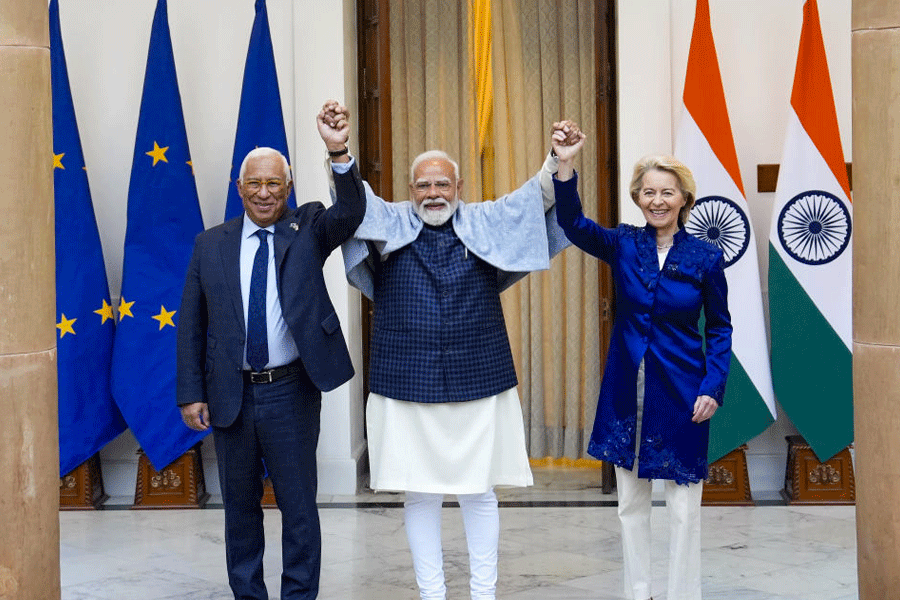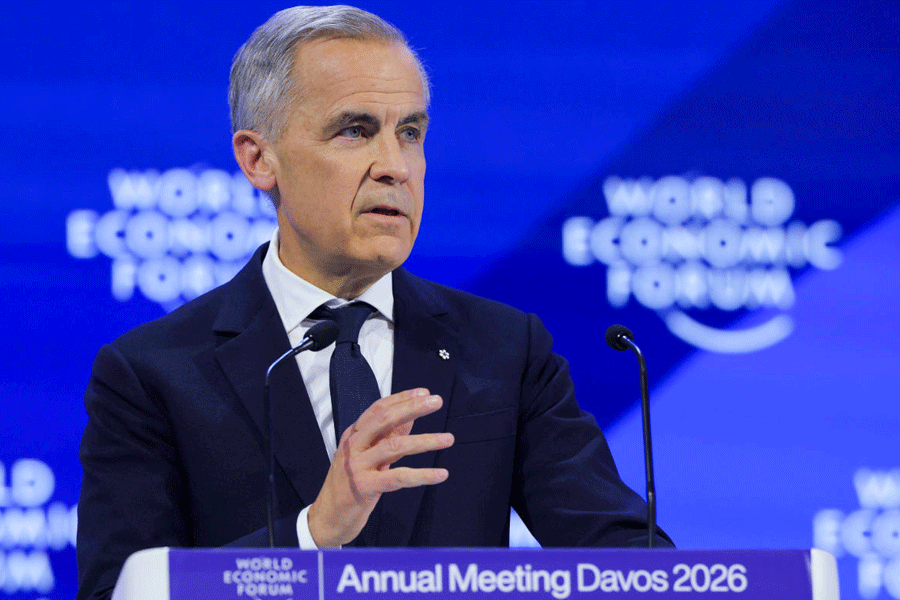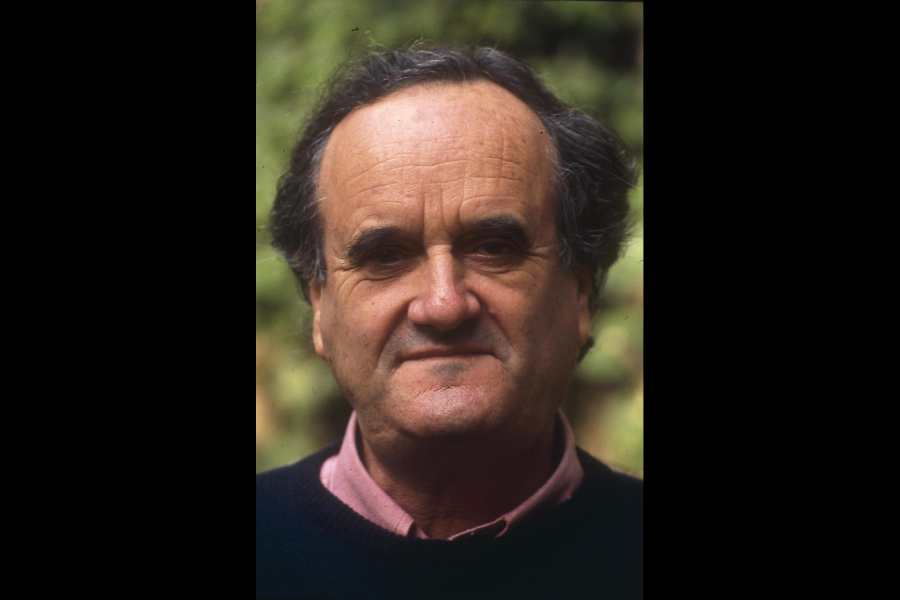
My grandfather Pandit Shivram was a composer and my father, Bhagwan Shivram, is a noted percussionist who has worked with legends like R.D. Burman as well as the newer music composers and musicians. So, I was surrounded by music from my childhood and started singing when I was very young. In 1997, I won one season of the children’s episodes of the music show TVS Sa Re Ga Ma when I was eight. But, unfortunately, winning this competition did not help me establish myself as a singer.
Subsequently, I tried my luck in various reality shows but wasn’t selected. I always thought that my voice wasn’t suited for Bollywood as it has a very Sufi feel to it. Despite this I never gave up and decided to work my way up in the music industry.
I got an opportunity to sing a smaller song in the film Tutiya Dil and music composer Amit Trivedi happened to hear it. I later met him through some friends and he gave me the opportunity to sing Aafaton Ke Parindey in the film Ishaqzaade. That was one of the biggest turning points of my life and opened the doors of the Indian film industry for me. It gave me the recognition that I always wanted. Later Amit Trivedi also made me croon the number Shubhaarambh in the film Kai Po Che and that went on to become a huge hit. This was another milestone.
My voice was getting accepted in Bollywood and I was getting good offers.
The next turning point came when I sang the song Maston Ka Jhund from Bhaag Milkha Bhaag. Before this I had sung the ICC Cricket World Cup anthem De Ghumake with Shankar Mahadevan in 2011 and was also a part of the second season of Coke Studio India with music composers Shankar-Ehsaan-Loy. They felt that my voice would suit that of a Sikh character when they were composing the song and asked me to sing it. The song was a huge hit and a lot of appreciation came my way.
Singing Jee Karda from Badlapur was another game-changer and I am grateful to music composers Sachin-Jigar for giving me the song. I was assisting them as a music programmer for four years and had collaborated with them earlier for Chanchal Mann, for Shuddh Desi Romance. So, Jee Karda was my second collaboration with them.
I am very superstitious about sharing my future plans with anyone. So much so, even my mother had no clue about me singing a song for Shankar-Ehsan-Loy. It was only when I had completed the recording that I told her about it.
For now, I am enjoying lending my voice to different kinds of songs and would also like to compose music in the future.
(As told to Treena Mukherjee)











